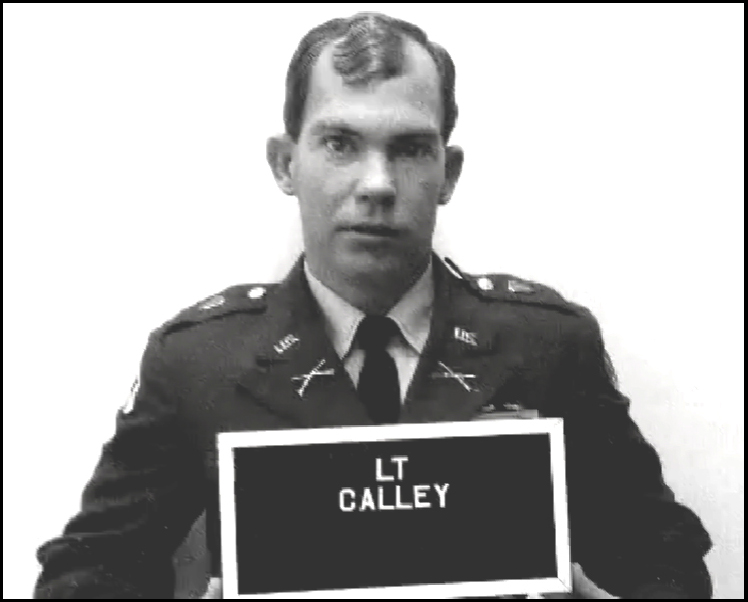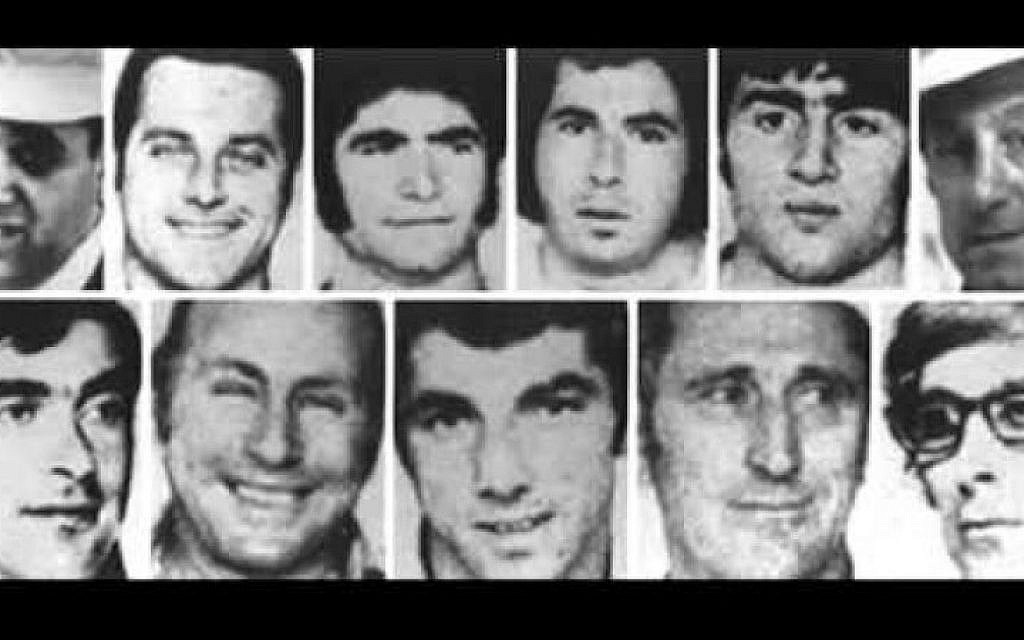
Sam Houston elected as president of Texas
On September 5, 1836, Sam Houston is elected as president of the Republic of Texas, which earned its independence from Mexico in a successful military rebellion.
Born in Virginia in 1793, Houston moved with his family to rural Tennessee after his father’s death; as a teenager, he ran away and lived for several years with the Cherokee tribe. Houston served in the War of 1812 and was later appointed by the U.S. government to manage the removal of the Cherokee from Tennessee to a reservation in Arkansas Territory. He practiced law in Nashville and from 1823 to1827 served as a U.S. congressman before being elected governor of Tennessee in 1827.
A brief, failed marriage led Houston to resign from office and live again with the Cherokee. Officially adopted by the tribe, he traveled to Washington to protest governmental treatment of Native Americans. In 1832, President Andrew Jackson sent him to Texas (then a Mexican province) to negotiate treaties with local Native Americans for protection of border traders. Houston arrived in Texas during a time of rising tensions between U.S. settlers and Mexican authorities, and soon emerged as a leader among the settlers. In 1835, Texans formed a provisional government, which issued a declaration of independence from Mexico the following year. At that time, Houston was appointed military commander of the Texas army.
Though the rebellion suffered a crushing blow at the Alamo in early 1836, Houston was soon able to turn his army’s fortunes around. On April 21, he led some 800 Texans in a surprise defeat of 1,500 Mexican soldiers under General Antonio Lopez de Santa Anna at the San Jacinto River. Santa Anna was captured and brought to Houston, where he was forced to sign an armistice that would grant Texas its freedom. After receiving medical treatment for his war wounds in New Orleans, Houston returned to win election as president of the Republic of Texas on September 5. In victory, Houston declared that “Texas will again lift its head and stand among the nations….It ought to do so, for no country upon the globe can compare with it in natural advantages.”
Houston served as the republic’s president until 1838, then again from 1841 to 1844. Despite plans for retirement, Houston helped Texas win admission to the United States in 1845 and was elected as one of the state’s first two senators. He served three terms in the Senate and ran successfully for Texas’ governorship in 1859. As the Civil War loomed, Houston argued unsuccessfully against secession, and was deposed from office in March 1861 after refusing to swear allegiance to the Confederacy. He died of pneumonia in 1863.

NATIVE AMERICANS
1877
Sioux military leader Crazy Horse is killed
Oglala Sioux leader Crazy Horse is fatally bayoneted by a U.S. soldier after resisting confinement in a guardhouse at Fort Robinson, Nebraska. A year earlier, Crazy Horse was among the Sioux leaders who defeated George Armstrong Custer’s Seventh Cavalry at the Battle of Little Bighorn in Montana Territory.

AMERICAN REVOLUTION
1774
First Continental Congress convenes
In response to the British Parliament’s enactment of the Coercive Acts in the American colonies, the first session of the Continental Congress convenes at Carpenter’s Hall in Philadelphia. Fifty-six delegates from all the colonies except Georgia drafted a declaration of rights and grievances and elected Virginian Peyton Randolph as the first president of Congress.

WORLD WAR I
1914
French general gives order to attack at the Marne
On the evening of September 5, 1914, General Joseph Joffre, commander in chief of the French army during World War I, readies his troops for a renewed offensive against the advancing Germans at the Marne River in northeastern France, set to begin the following morning.

VIETNAM WAR
1970
U.S. forces launch last major American operation of the war
The 101st Airborne Division (Airmobile), in coordination with the South Vietnamese (ARVN) 1st Infantry Division, initiates Operation Jefferson Glenn in Thua Thien Province west of Hue. This operation lasted until October 1971, and was one of the last major large-scale military.

VIETNAM WAR
1969
Lt. William Calley charged for My Lai massacre
Lt. William Calley is charged with six specifications of premeditated murder in the death of 109 Vietnamese civilians at My Lai in March 1968. Calley, a platoon leader in Charlie Company, 1st Battalion, 20th Infantry, 11th Infantry Brigade (Light) of the 23rd (Americal) Division.

SPORTS
1972
Massacre begins at Munich Olympics
During the 1972 Summer Olympics at Munich, in the early morning of September 5, a group of Palestinian terrorists storms the Olympic Village apartment of the Israeli athletes, killing two and taking nine others hostage.

U.S. PRESIDENTS
1975
Gerald Ford survives first assassination attempt
September 5, 1975, President Gerald R. Ford survives an attempt on his life in Sacramento, California. The assailant, a petite, red haired, freckle-faced young woman named Lynette Fromme, approached the president while he was walking near the California Capitol.

WESTWARD EXPANSION
1847
Outlaw Jesse James is born in Missouri
Seen by some as a vicious murderer and by others as a gallant Robin Hood, the famous outlaw Jesse Woodson James is born on September 5, 1847, in Clay County, Missouri. Jesse and his older brother Franklin lost their father in 1849.

ART, LITERATURE, AND FILM HISTORY
2006
Katie Couric makes historic network anchor debut
On September 5, 2006, Katie Couric makes headlines—and TV history—with her highly publicized debut as the first female solo anchor of a weekday network evening news broadcast, CBS Evening News with Katie Couric. Couric, who served as co-anchor of The Today Show from 1991 to 2006.

CRIME
1972
Arab terrorists take Israeli hostages at the Munich Olympics
In the early morning hours of September 5, six members of the Arab terrorist group known as Black September dressed in the Olympic sweat suits of Arab nations and jumped the fence surrounding the Olympic village in Munich, Germany, carrying bags filled with guns.
ART, LITERATURE, AND FILM HISTORY
1958
“Doctor Zhivago” is published in the U.S.
Boris Pasternak’s romantic novel, Doctor Zhivago is published in the United States. The book was banned in the Soviet Union, but still won the Nobel Prize for Literature in 1958. Pasternak was born in Russia in 1890.

ART, LITERATURE, AND FILM HISTORY
1957
The New York Times gives “On the Road” a rave review
On September 5, 1957, New York Times writer Gilbert Millstein gives a rave review to “On the Road,” the second novel (hardly anyone had read the first) by a 35-year-old Columbia dropout named Jack Kerouac. “Jack went to bed obscure,” Kerouac’s girlfriend told a reporter.
Comments
Post a Comment